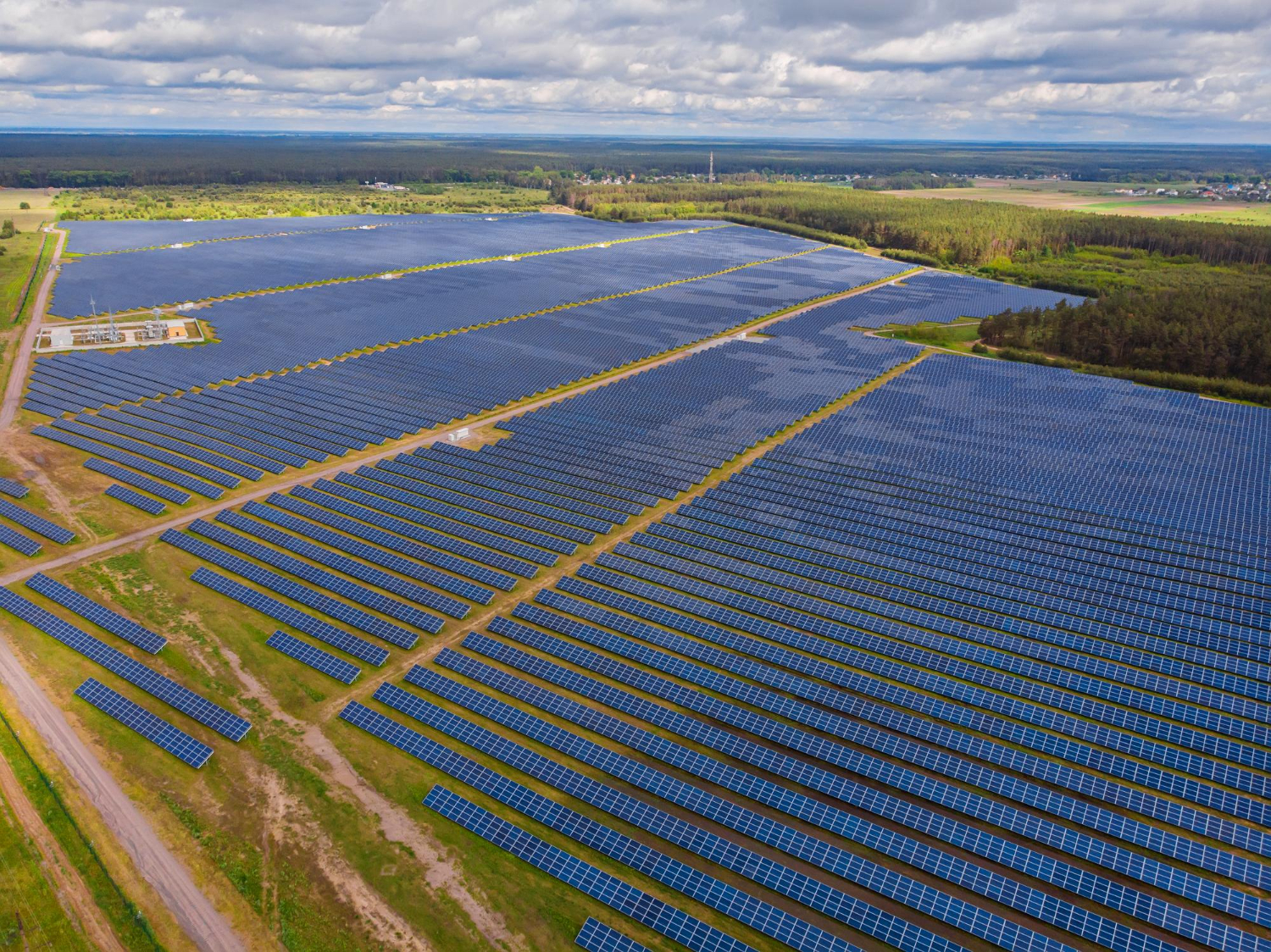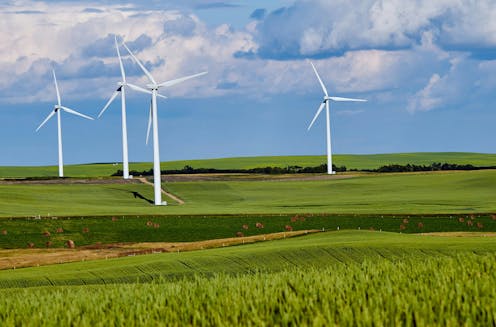Bulgaria has achieved a significant milestone in its pursuit of renewable energy, with over 3,000 MW of renewable energy power generation capacities (PGCs) now integrated into the national power grid. In an interview with BTA, Electricity System Operator (ESO) Executive Director Angelin Tsachev shared insights into the country’s renewable energy landscape.
Steady Growth in Renewable Capacities
Over the past 18 months, Bulgaria has witnessed the connection of 1,700 MW to 1,800 MW of renewable-energy PGCs to the national grid. Notably, wind power systems have experienced no expansion since 2012, holding steady at a total output capacity of 700 MW.
Solar Energy Expansion Forecasted
Tsachev anticipates a robust growth trajectory in solar energy, with an estimated addition of 1,000 MW to 1,500 MW of newly built solar-energy PGCs expected next year. This underscores Bulgaria’s commitment to diversifying its renewable energy portfolio.
Challenges and System Management
While the increase in renewable-energy PGCs is commendable, Tsachev emphasized the need for effective management and regulation. The ESO is advocating for the development of maneuverable reserve capacities to handle intermittent energy resources. Currently, batteries offer a rapid solution, but pumped hydroelectric energy storage is identified as the most efficient means for large-scale electricity storage.
Surplus Electricity Concerns
The surge in renewable energy capacities raises concerns about surplus electricity during low-consumption periods. Tsachev warned of potential risks to the system, necessitating careful output limitations by electricity producers. The upcoming surplus in April-May and September-October could pose challenges without sufficient maneuverable reserve capacities.
Nuclear Power and Security
Responding to plans for additional reactor units at the Kozloduy Nuclear Power Plant, Tsachev stressed the paramount importance of ensuring the security of electricity supplies to all consumers in Bulgaria. While addressing low consumption periods is essential, year-round electricity supply security remains a critical consideration.
ESO Initiatives for Grid Development
ESO is actively involved in projects to enhance the power grid and accommodate more renewable-energy PGCs. Key initiatives include digitizing management processes under the National Recovery and Resilience Plan and increasing the capacity of power lines through the REPowerEU initiative. Tsachev highlighted efforts to convert 1,100 km of 220 KV power lines to carry 400 KV electricity, supported by the EU Modernization Fund.
Collaboration with Romania
The ESO is collaborating with the Romanian electricity system operator on the Carmen-2 initiative. This project, expected to gain approval soon, aims to build four 400 KV substations and 276 km of 400 KV power lines in Northeastern Bulgaria, facilitating the integration of wind and solar PGCs.
Source: bta.bg





